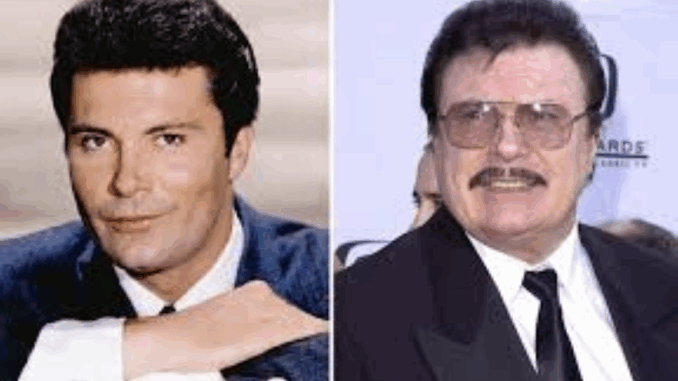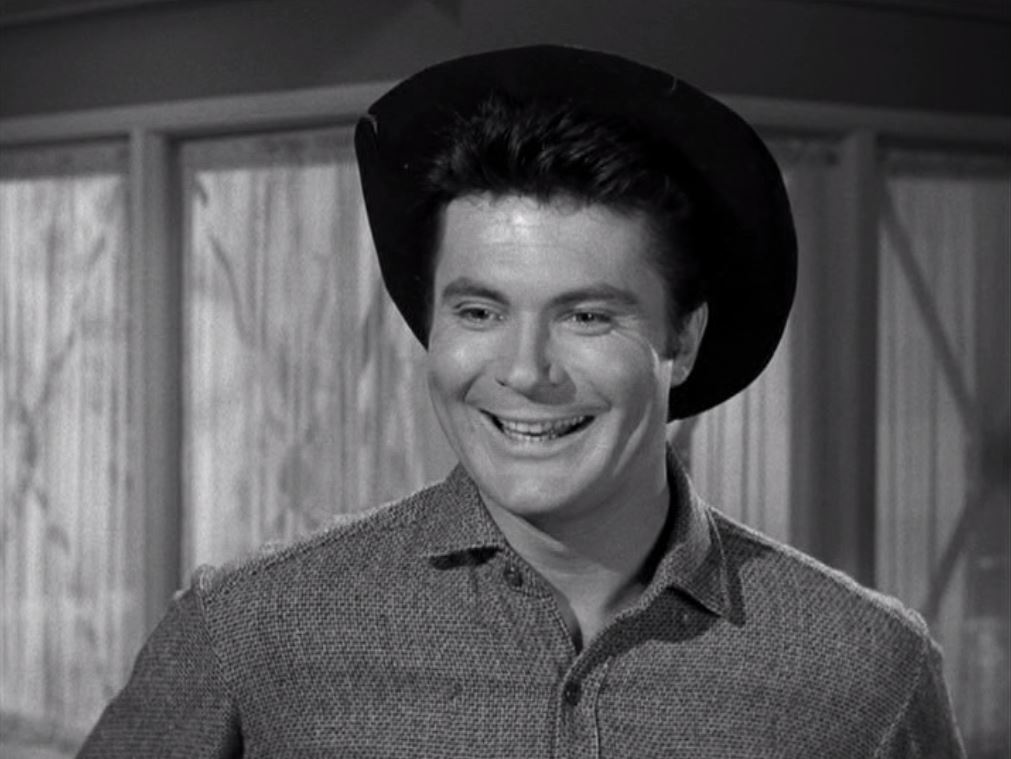
In Hollywood, fame can be fleeting. One moment, an actor is adored by millions, and the next, they’re struggling to find their next big role. Success in television doesn’t always translate into long-term stability, and few stars knew this better than Max Baer Jr., the man forever remembered as Jethro Bodine from The Beverly Hillbillies.
When the Hillbillies Packed Up, Hollywood Moved On
After The Beverly Hillbillies ended its legendary run, Baer faced what many typecast actors fear most — an industry that couldn’t see him as anyone else. For nearly a decade, he’d played the lovable but dimwitted Jethro, and the role had made him a household name. But when the cameras stopped rolling, Baer quickly realized that fame didn’t guarantee opportunity.
Casting directors saw only Jethro, not Max. And despite his talent and charisma, the offers dried up. It was a harsh reminder that Hollywood’s love can be conditional — and temporary.
Turning Setbacks Into Success
According to an article in the Republican and Herald, Baer didn’t let rejection define him. Instead, he reinvented himself — this time, not as an actor, but as a filmmaker. Stepping behind the camera gave him control over his own creative destiny, something television had never afforded him.

“I’m not bitter now,” Baer told the paper. “I can call the shots. I’m making films I love and I’m making them my way.”
And he meant it. His independent film Macon County Line became an unexpected hit, grossing millions on a shoestring budget and becoming one of the most profitable films of the 1970s. He followed it up with The Wild McCullochs, further proving that his instincts — not the network executives’ — were right all along.
A Harsh Truth About Television
Despite his new success, Baer wasn’t shy about expressing how he truly felt about the industry that first made him famous. “Most of it [television] is so false,” he said bluntly. “It doesn’t build ideas or careers.”
He even turned a critical eye toward The Beverly Hillbillies itself, calling his nine years on the show “nine years of pap.” For Baer, the hit sitcom represented not the American Dream, but what he called “the American nightmare.”
His disillusionment ran deep. He famously declared, “There isn’t enough money in that entire black tower to get me back to television.” The “black tower,” he clarified, referred to Universal’s executive building — a symbol of the corporate machine that had once dictated his career.
A Rebel’s Legacy
Baer’s story is a rare one in Hollywood — a tale of an actor who refused to be boxed in by the role that made him famous. Instead of fading away, he took control, built his own path, and found success on his terms.
His journey from Jethro Bodine to independent filmmaker shows that real power in Hollywood doesn’t come from the spotlight — it comes from calling your own shots.
And for Max Baer Jr., walking away from television wasn’t an ending. It was the start of something far more rewarding.